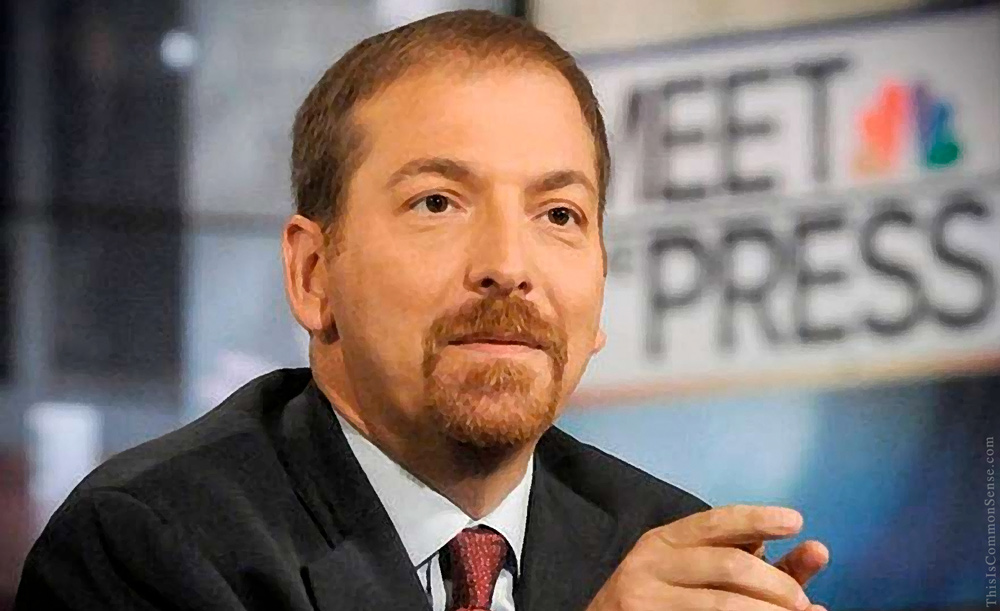In the dystopian world of the future, all financial transactions will be made by credit card. In this dark world, the people who run credit-card firms must be appeased. If they dislike what you’re doing, they will have the power to prevent you from receiving financial support for your work — however normal and legal that work may be.
And whom will such financial institutions be, in turn, appeasing?
Politicians.
The politicians won’t have to pass a law to get firms to do their bidding. They need merely grumble ominously.
Perhaps the politicians will cooperate with ideological organizations bearing ironically unrevealing names like Media Matters and Southern Poverty Law Center, dedicated to shutting down anybody they disagree with.
Is that future far away? No.
Here is the situation. Since cash and checks are still very legal, if you wish to support the work of the David Horowitz Freedom Center, you can mail a check. But as of this writing,* you can’t send the Center a payment online, because Visa and MasterCard have thwarted the Center’s ability to accept donations that way.
Why?
Because the SPLC has dubbed the Center a “hate group.”
David Horowitz told Breitbart News that regarding “Tech heads” as the main bad guys here is misguided: “They have been threatened by Senator Mark Warner and other Democrats if they don’t censor conservatives.”
When politicians start bullying, we are no longer talking about voluntary market transactions, or voluntarily abstaining from same. We are talking about a terrible future . . . that is already arriving.**
This is Common Sense. I’m Paul Jacob.
* After this installment of Common Sense was sent to our webmaster, it was reported on The Daily Wire that “Credit Card Companies Restore Donations To Conservative Group After Backlash” (August 27, 2018).
** And if it takes a protest campaign to reinstate every deplatformed individual or organization, it is obvious that no great victory of principle has been won in the current reversal. In David Horowitz’s words, the battle is “very much far from over.”










